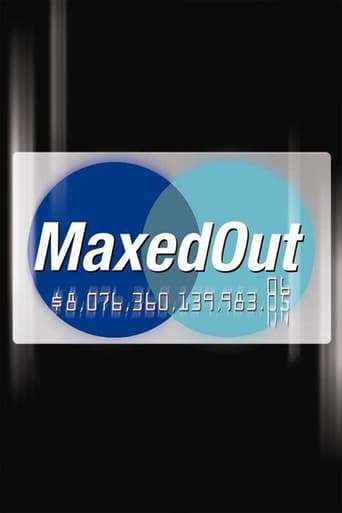


Maxed Out
Maxed Out takes us on a journey deep inside the American debt-style, where everything seems okay as long as the minimum monthly payment arrives on time. Sure, most of us may have that sinking feeling that something isn't quite right, but we're told not to worry. After all, there's always more credit!
-
- Cast:
- Louis C.K.


Similar titles
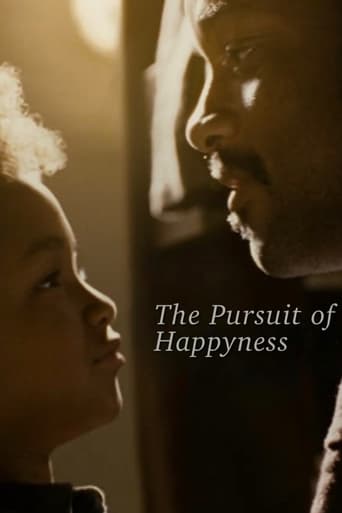
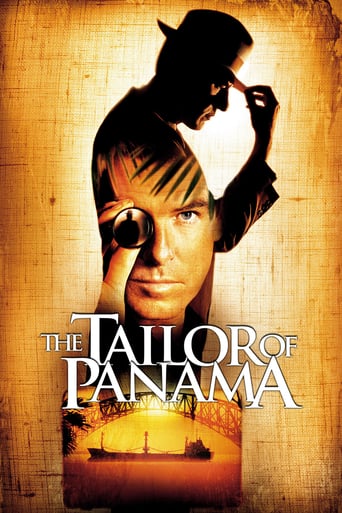
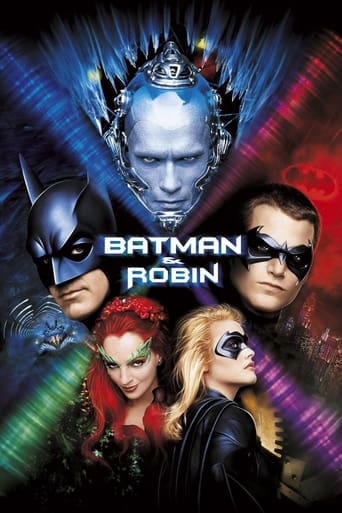
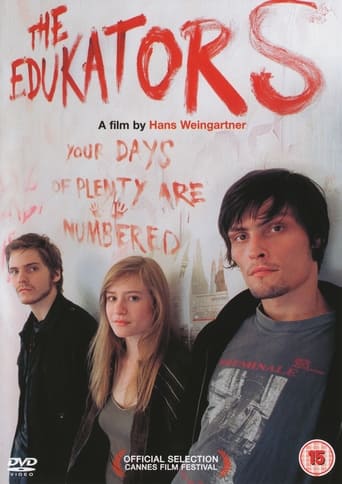
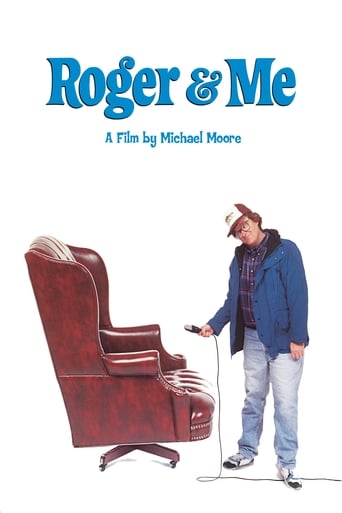
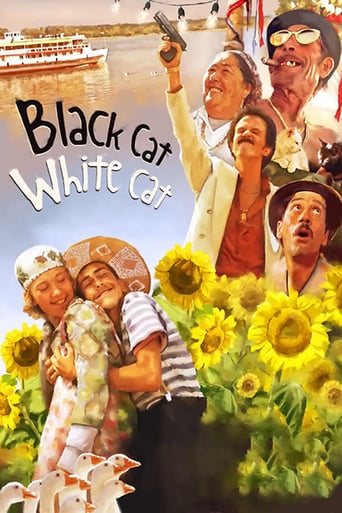
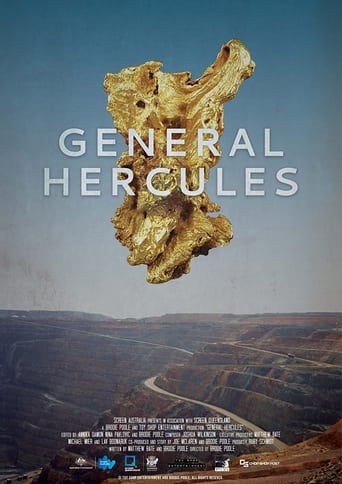
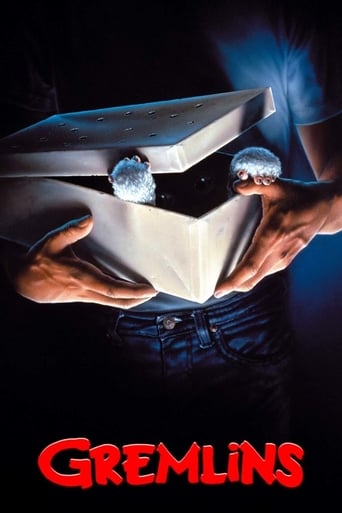
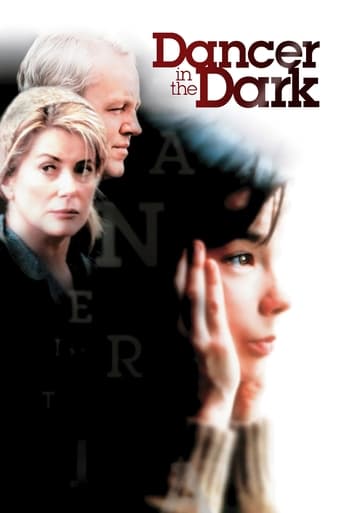

Reviews
the audience applauded
This is a coming of age storyline that you've seen in one form or another for decades. It takes a truly unique voice to make yet another one worth watching.
The best films of this genre always show a path and provide a takeaway for being a better person.
The acting in this movie is really good.
I have been helping people for 23 years recover from bad credit and over-whelming debt. The warning signs have been there for the collapse of our house of cards for a long time.The credit card industry has been able to successfully lobby Congress many times as "advocates" for the consumer, but they more of the wolf in sheep clothing. Credit card debt has risen steadily while collecting on bad debt has declined sharply. Why? The economic downturn, mortgage mess and job losses forced many people to use their credit cards to pay the mortgage, to buy groceries and other essentials that once were paid for with cash, ATM or checks. The same economic downturn forced debt collectors to turn to new ways of getting money from people with bad debt and no available credit.Debt collectors say their industry is struggling just like the rest of the economy. In an odd twist, the debt collection business is booming when you look at the number of new debt collection referrals that have arisen because more consumers can't pay their credit card and other bills. But, because more consumers can't pay their bills, debt collectors are often left empty-handed on the collection of bad debt.People aren't working, they're not paying off their debts, which will likely lead to more changes their collection strategies because of the economy and the rise in amount of charged off bad debt. Hold on tight, it will be interesting to see where this leads.Very good film.
While watching MAXED OUT, I got very angry - and, not at who most would think.I was angry at the people who maxed out - the people who 'bought' things (I put it in parentheses, as, anything that was purchased on credit wasn't actually owned by the buyer) way over what they could afford.A big problem with (American) society today, is since World War 2, the generations who have grown up, have not had to scrimp, and save. They didn't know what it meant to live during the Depression, when a lot of people lost everything.The plastic cash industry has removed the obstacles, and, deadened people's understanding of the value of things.I wished the film-makers had waited two years (the documentary came out in '06) - after the financial meltdown of '08. It would've added (much!) more fuel to this story.The film makers 'dumbed down' the story into the 'villains' (credit card industry), and, the 'victims/heroes' (American public, by in large), without really among up the fact that no one forces anyone to USE credit cards.They give some attention to saying that people need to take RESPONSIBILITY for themselves, with some clips from Suzy Orman, and such, but, for the. But for the most part, the people portrayed, are 'helpless victims.'A simple lesson most people don't realise, in this consumerist society, is: how do you think someone who has made huge amounts of money (and keeps it) does it? Let me make it clearer: (as an example) you'd never look at Bill Gates, and say; 'he looks like a billionaire.' he looks like... a nerd. Why?Because, he knows that it's not the dollar amount of things you have. I.e.; a pair of Keds will do the same thing as a pair of $200 Nikes. In other words, people are trying to have the APPEARANCE of wealth, and are missing the fact that, you need to WORK, and SAVE - NOT run out and buy something for it's supposed status.The credit industry - as any other industry - has one thing at it's heart: make MORE money, so, I can't fault them for doing what they do. No one 'makes' anyone 'get' a credit card (and, yes, you can live with credit, but, only of you use it prudently).People actually lived before them, and, when they had that tangible grasp on money, they lived within their means. It's the responsibility (a lot of people have trouble doing that) of each person to live within their means.And, with parents giving their kids whatever they want - including credit cards(?!?!), this generation is even LESS connected than their parents were.I say to people not jokingly, that World War 3 was already fought, and America lost, without a single weapon being used.How? To whom did we lose? The United States debt - thanks to that idiot Bush - has ballooned to the largest levels ever (and, say what you want abut Clinton, but, he paid off our debt). Who do you think we owe?The number one country? China.With our willingness to 'sign on the dotted line,' we owe China TRILLIONS. I'm not going to even discuss here how we've 'given' China our once tightly controlled high technology, for the purpose of being the manufacturing country de jour.I wish that people who see MAXED OUT will make their children watch it, as well. They will become the ones this generation has stuck with the bill.
This movie is certainly propaganda, however it contains important thought-provoking information and therefore I recommend it. If you have a mind of your own and are capable of differentiating truth from partial truth from fiction you should watch this movie. The message you take from it may not be what the producers wanted but that's OK. We can use them as they're attempting (quite successfully from the looks of these comments) to use us. If anything good comes out of this movie it will be a close look at debt on every level - from individual to global - and if only a few people research and understand the most basic principles of economics as a result, well then the world is a better place.
This film is an interesting portrait into the business of lending. You see the many sides of it. You see the many tragic stories of people who spent themselves into insurmountable debt. You see the profitability of debt collection. You see the aggressive expansion of the credit market into areas where creditors wouldn't have pursued before, since they used to not be profitable, like college students, and people with generally low income.What you don't see is why these previously risky and unprofitable sectors of the market have suddenly become profitable. You get the impression that suddenly these previously high risk areas have become profitable because the creditors have expanded into these markets and forced them to be profitable, with new strategies.But this is naive. Profitability has dramatically increased and new markets have become open to creditors because interest rates have been steadily dropping, to now rock bottom lows. A central factor is debt is the interest rates, and its hard to really praise a movie about the debt industry that doesn't even mention changes in interest rates or how the interest rates are are tampered with by the Federal Reserve. Consumer lending is extremely profitable, as the movie says, but it hasn't always been so profitable, and if you fail to make an argument about what has been the important change, you're left with an incomplete and misguided movie. The assumption is that people have somehow become addicted to spending and that the credit card companies are exploiting this addiction. And yet for some mysterious reason used to not spend as much as they do now.The reality is that the credit card companies previously didn't expand into these untapped markets precisely because they were way to risky and would result in more losses from credit that is never repaid than profits from late fees interest. But once the Federal Reserve drops the interest rates down to unprecedentedly low levels, the risk changes and even those people who may not be ultimately able to pay beck their debt, can become profitable. But God forbid anyone should want to blame the Federal Reserve and Alan Greenspan for all of the irresponsible spending.You see, when you lower the interest rate it doesn't just effect spending but it also effects saving. Lower interest rates mean lower returns on savings accounts, as well as lower losses on debt. It becomes more desirable to spend what money you have now (why save money you're going to earn almost no interest on?), and then continuing spending what money you don't even have yet. It's always preferable to have things now than have things in the future. So if a store offers you a plan where you buy a TV interest free for six months, then you can just say, "So what if I have don't have the money now, I'll have it in six months. If I buy the TV now, then I can enjoy the benefits of having the new TV and put off the costs of paying for it. That's a double bonus." The conclusions of the movie seem to be that we need is to regulate the credit industry to help all of these people who can't take care of themselves. Maybe we'll install credit cards with some sort of child-proof lock, which will somehow becomes active when you're about to make an imprudent purchase. More likely, though they would just raise the minimum age for getting a credit or regulating the credit limits available to low income people, or something like that. Both ideas sound equally bad. A better idea might be to prevent the Federal Reserve from tampering with interest rates so that we don't continue to encourage an ultimately unsustainable spend-now-pay-later economy in the mistaken belief that somehow the economy is driven by consumer spending.In short, this movie will show you a lot about the credit industry that you didn't know. If it serves any benefit, it will hopefully scare you out of spending yourself into insurmountable debt. Nonetheless, without any insight into what actually contributes to consumer debt (which includes economic factors, like interest rates) then the movie degrades into an anti-big-business polemic of misplaced blame.
